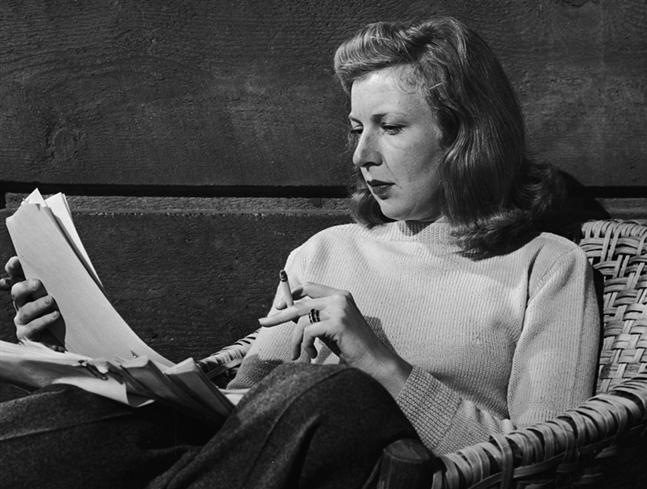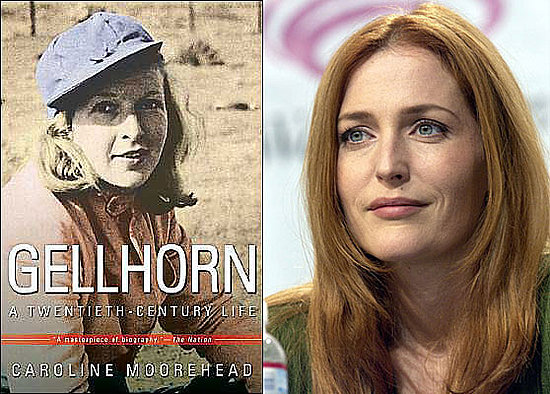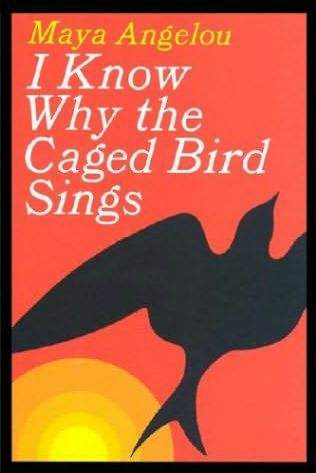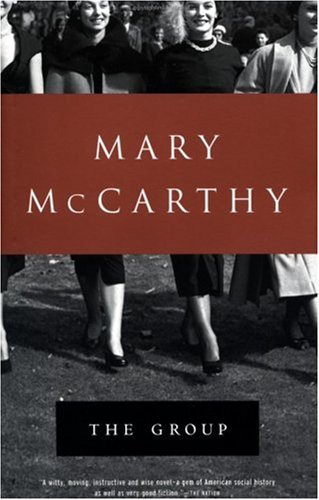Posted by Bel. The time is 1.07pm here in Wellington, NZ.
So it was no surprise to find a copy of Frank McCourt's Pulitzer Prize winner on my mother-in-law's shelf, along with two copies of the follow-up Tis, and then the book he wrote about his career in the classroom, Teacher Man, and even the memoir written by his younger brother.
The tone of the book is immediate - deadpan, detailed, colloquial and charming. The dialect is obvious from the onset, ringing out from the page, poetic in the way that the Irish voice has, even when describing the least salubrious of situations.
Now, what with the book being a international bestseller and the film adaptation starring world class actors, I probably don't need to go over the plot with you. But if you haven't actually read the book, and you do come across a copy, I would suggest you give it a go.
The writing is superb and worth immersing yourself in solely for the experience is seeing a world with a child's eyes - as the narrative of Angela's Ashes is deftly told from this perspective. Not in a cloying way, but with traits that remind you of that age when so much of the adult world went over your head and you were happier for it.
Another comment on the tone. I found this book really, really funny. I took it to be a black comedy, with the tragic elements presented in such a way that there was a comedic spin on it all. Like, of course it was awful that he got a thump on the head each time he asked an awkward question, but it was still pretty funny that he kept asking awkward questions in the way that annoying wee boys do and that his parents would just thump him on the head each time he did.
The devasting alcoholism of his father, Malachy Snr, is even given a comedic spin. His relentless booze-fuelled desire to drag his sons out of bed in the middle of the night, dragging them upright to swear to defend Ireland to the death whilst panting whisky-laden breath all over them, becomes an almost affectionate tribute to the patriotic spirit of the Irish - though of course mutilated by Malachy's inability to be a father in any sense of the word.
To me, the passages which diverted most from truly evoking the time and place of McCourt's childhood, were those which retold the time which seemed to have the biggest impact. When he discovers the writing of Shakespeare, Noyes and Swift, a significant turning point in both the book and his young life, a more contemporary voice rings through - a writer still enthralled with these heroes and with literature, whose love of words help transcend the horrors of his origins.
--
Angela's Ashes by Frank McCourt. Recommended.
Published in 1996. Set mostly in the poorest, grossest slums of Ireland, 1930s/40s.
#48 from 'The List'






























